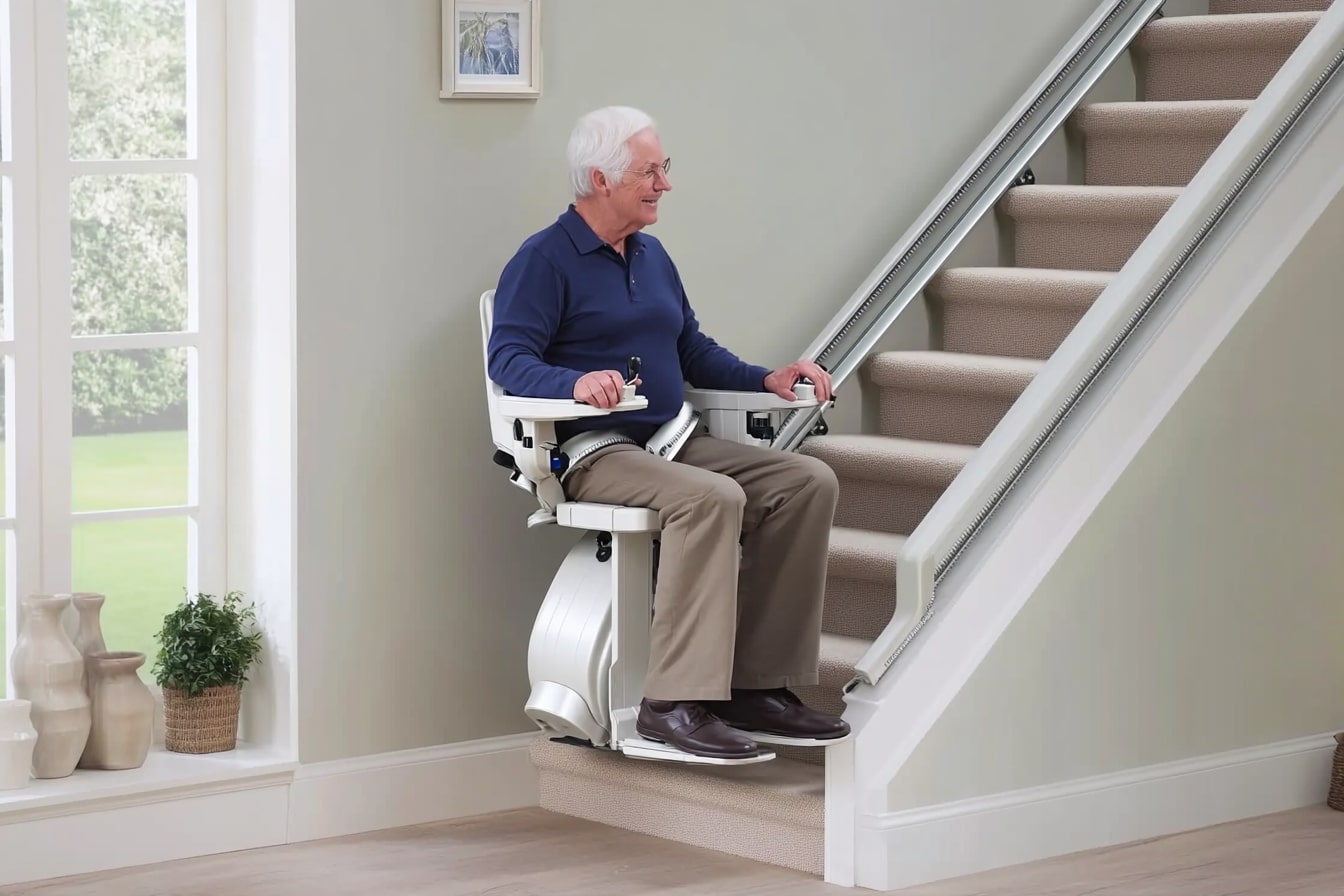Home care for the elderly: how to provide warm and effective care
Caring for elderly people at home is important in helping your loved ones enjoy a better quality of life. With proper care and attention, elderly people will feel safe, comfortable, and healthy—both physically and emotionally. Home care can also support independence by allowing individuals to remain in familiar surroundings while receiving the help they need with daily tasks. From medication reminders to mobility support and companionship, personalized care at home can make a meaningful difference in overall well-being and peace of mind for both the individual and their family.

Why is home care important for older adults?
Home care plays a crucial role in maintaining the quality of life for older adults. It allows seniors to age in place, surrounded by familiar environments and cherished memories. This familiarity can significantly reduce stress and anxiety, which are common concerns for the elderly. Home care also promotes independence, as seniors can continue to perform daily tasks with assistance, rather than relying entirely on others.
Moreover, home care provides personalized attention that may not be possible in institutional settings. Caregivers can focus on the specific needs of the individual, adapting their care approach as those needs change over time. This tailored care can lead to better health outcomes and a higher overall satisfaction with life for older adults.
How can we prepare our homes for caring for older adults?
Preparing your home for elderly care involves several important steps to ensure safety and comfort. Start by conducting a thorough safety assessment of the living space. Remove potential tripping hazards such as loose rugs or cluttered walkways. Install grab bars in bathrooms and near stairs to provide additional support.
Consider modifying the home to accommodate mobility issues. This may include widening doorways for wheelchair access, installing a stairlift, or creating a bedroom on the ground floor if stairs become challenging. Proper lighting is also crucial; ensure all areas of the home are well-lit to prevent falls and improve visibility.
It’s also important to organize medications and medical supplies in an easily accessible location. Creating a dedicated space for health-related items can help streamline care routines and ensure that essential supplies are always at hand.
How should we care for the health of older adults at home?
Caring for the health of older adults at home requires a holistic approach. Regular health check-ups and medication management are fundamental. Create a system to track medications, dosages, and schedules to ensure proper adherence to prescribed treatments.
Nutrition plays a vital role in maintaining health. Plan balanced meals that cater to any dietary restrictions or health conditions. Encourage hydration by making water easily accessible and reminding the senior to drink regularly.
Physical activity is crucial for maintaining mobility and overall health. Encourage gentle exercises appropriate for the individual’s fitness level, such as short walks or chair exercises. Mental stimulation is equally important; engage seniors in activities like puzzles, reading, or hobbies they enjoy to keep their minds active.
What are the benefits of professional home care services?
Professional home care services offer numerous advantages for both seniors and their families. These services provide skilled care from trained professionals who understand the unique needs of older adults. They can offer a range of services, from basic assistance with daily activities to specialized medical care.
One significant benefit is the peace of mind it provides to family members. Knowing that a loved one is receiving professional care can alleviate stress and allow family members to maintain their own work-life balance. Professional caregivers can also provide respite care, giving family caregivers much-needed breaks.
Additionally, professional services often include comprehensive care plans tailored to the individual’s needs. These plans can evolve as the senior’s condition changes, ensuring consistent and appropriate care over time.
What unique care approaches work well for elderly home care?
In the United States, innovative approaches to elderly home care have shown promising results. One such approach is the use of technology to enhance care. Smart home devices can monitor movement, medication adherence, and even vital signs, providing valuable data to caregivers and healthcare providers.
Another effective strategy is the incorporation of pet therapy. Many seniors benefit from the companionship of animals, which can reduce feelings of loneliness and improve overall mood. Some home care services now offer pet visits or help care for a senior’s existing pet as part of their service.
How do costs and services compare among home care providers?
When considering home care services, it’s important to compare different providers to find the best fit for your needs and budget. Here’s a comparison of some well-known home care providers in the United States:
| Provider | Services Offered | Average Hourly Rate |
|---|---|---|
| Home Instead | Personal care, companionship, memory care | $22 - $28 |
| Visiting Angels | Personal care, respite care, end-of-life care | $20 - $30 |
| Comfort Keepers | Personal care, transportation, meal preparation | $24 - $32 |
| BrightStar Care | Skilled nursing, personal care, companionship | $26 - $35 |
| Right at Home | Personal care, nursing services, specialized care | $21 - $27 |
Prices, rates, or cost estimates mentioned in this article are based on the latest available information but may change over time. Independent research is advised before making financial decisions.
In conclusion, providing warm and effective home care for the elderly requires careful planning, dedication, and often professional support. By understanding the importance of home care, preparing the living environment, focusing on health and wellness, and utilizing professional services when needed, families can ensure their loved ones receive the best possible care in the comfort of their own homes. Remember that each senior’s needs are unique, and care plans should be tailored accordingly to provide the most beneficial and compassionate support.
This article is for informational purposes only and should not be considered medical advice. Please consult a qualified healthcare professional for personalized guidance and treatment.




